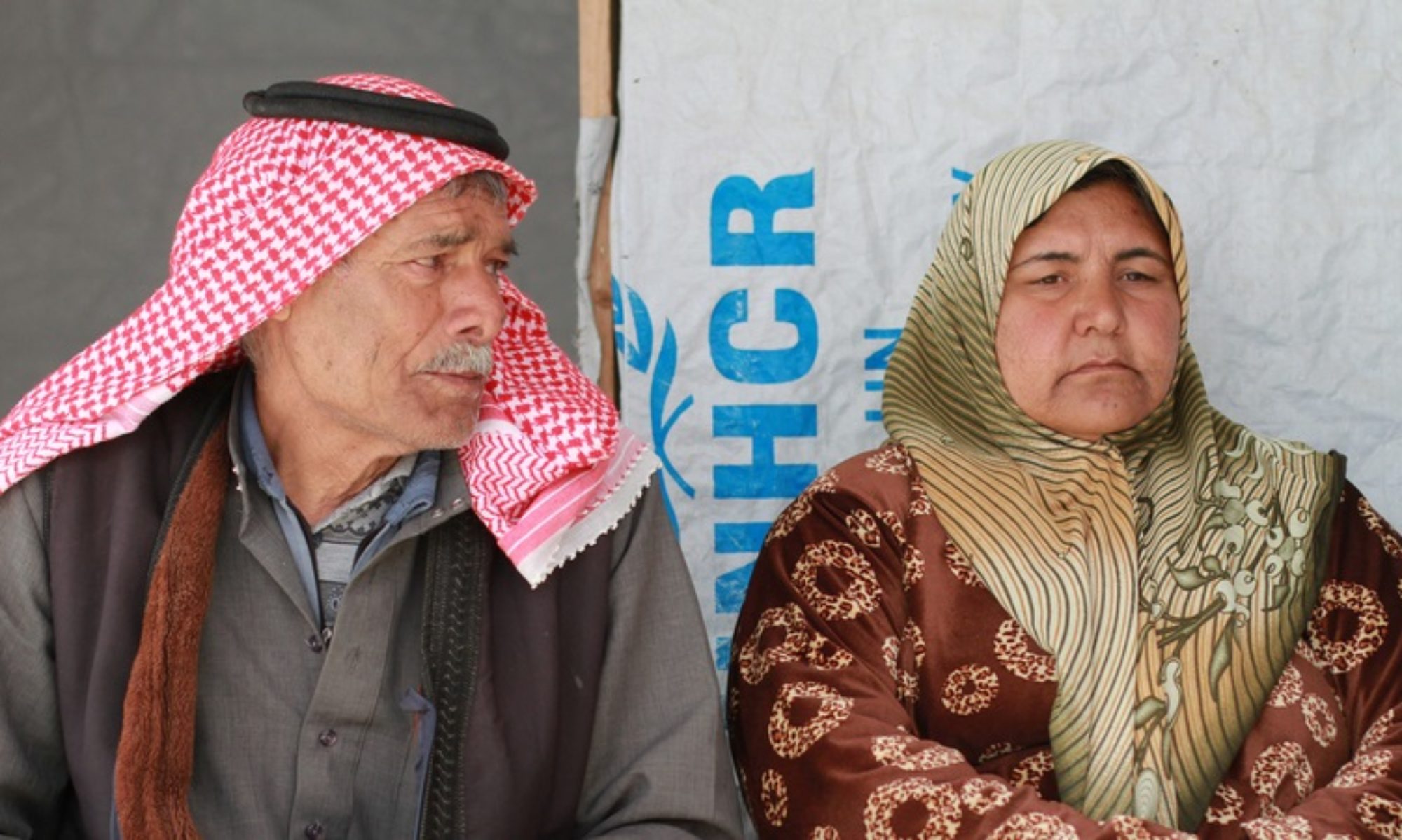The management of solid waste is one of the foremost environmental and public policy problems affecting Lebanon – so much so, that in 2015 the mounting presence of garbage on Beirut’s streets sparked one of the biggest series of public demonstrations since the civil war. Since 2017, UNHCR together with partners is heavily involved in supporting Lebanese municipalities in the Bekaa valley devising and implementing integrated Solid Waste Management (SWM) strategies. Activities in this sense exist also in the North of the country. Now, why is UNHCR, not known as a development organization, so invested in SWM issues in Lebanon?
Certainly, UNHCR prides itself in being a strong supporter of causes such as the environment, gender equality and LGBT rights. At the same time, the will to help the public administration, including local authorities, to deal with the wider consequences of the Syrian crises, as well as the promotion of peaceful coexistence, is also what’s behind UNHCR’s interventions on solid waste.
Syrian refugees have almost doubled the demography in the Bekaa valley. However, their presence is not one of the foremost causes of environmental damage – by far, the first place corresponds to industrial waste. Refugees do, of course, produce waste. This generates an additional burden on municipal authorities, responsible to collect waste from the about 1,500 informal tented refugee settlements (ITSs) existing in the Bekaa.
Despite the fact that the great majority of sewage from ITS is properly collected and treated, intense accusations have recently been levelled against the humanitarian community and refugees themselves as being a primary cause of environmental damage. At the same time, a recent UNDP coexistence survey has identified the management of solid waste as one of the foremost causes of social tension in the Bekaa valley.
Prompted by these concerns, UNHCR, together with our partner Anera (www.anera.org), started in 2017 a pilot project in the municipaly of Majdel Anjar, bordering with Syria and host to 25,000 Syrian refugees, to help authorities implement an integrated SWM strategy. The project stumbled into some initial difficulties. In particular, by mid-2018 it had to be almost redesigned due to, among other, an incomplete understanding by UNHCR and partners of the public policy intrincancies of the sector. We embarked, then, into a three-month rigorous evaluation of the pilot project to identify whether we were up to the task in a technically complicated sector ridden with social sensitivities. After identifying a need for stronger technical expertise, teams were reorganized and we decided to continue with the project. By now, a sorting facility has been built in Majdel Anjar, communities have been trained for sorting and source and coordination has been ensured with the nearby municipality of Bar Elias so that the cycle of garbage processing can finalize in their processing plant.

The project is also growing. By the end of the year, we hope to inaugurate a sorting and composting facility in Temnine el Faouqa, and to commence work to rehabilitate the dumpsite in Mansoura. We will also grow in the next year into new municipalities, focusing on community mobilization and strategic planning, following policy priorities set by the Minister of the Environment. New municipalities have been selected on a carefully chosen set of indicators mixing technical need, coexistence issues and coverage of the territory.
Partnerships have been key to this success story. Anera and UNHCR have grown into trusting partners, with a strong sense of collaboration and common purpose. UNDP has provided infrastructure and garbage trucks and ensures sector coordination at the national and local levels. We are planning to extend the collaboration, given the excellent relationship and complementarity between the two agencies in Lebanon. Local NGO SAWA Group has provided expertise in community mobilization.
As ever, municipal authorities and host communities have wholeheartedly welcomed the initiative, given the sensitivity of issues of solid waste management as well as the current scarcity of municipa financing given also the difficult economic situation in the country. There is also very strong collaboration with the Ministry of the Environment as well as the Ministries of Social Affairs and the Interior and Municipalities. Last but not least, refugees have proven loyal partners, embracing sorting at source and enthusiastically participating in cleaning campaigns. It is important to underline that community mobilization activities include both refugees and Lebanese, thereby facilitating contact and understanding between both communities.

The project has also had some unplanned positive effects. In my experience, it is relatively easier to find allies and friends, as well as motivated local staff, when working in operations with internally displaced persons – after all, one is working for the country where the Office is. With refugees, we are working for foreigners, which is oftentimes much more difficult.
It goes without saying that one of the satisfactions of working in the Bekaa has been the high level of motivation and professionality of our local staff, as well as those in the Beirut office. At the same time, our work with SWM has also contributed to boost that motivation, given that it addresses a problem, the environment, which is becoming almost existential for the Lebanese. What is more, the expertise of local staff, as well as local NGOs, has proven particularly useful in a very complex sector where technical, social and political issues are so inextricably linked. Last but not least, our involvement in SWM has also prompted the Office in the Bekaa to start cleaning its act when it comes to its own waste and environmental measures.

